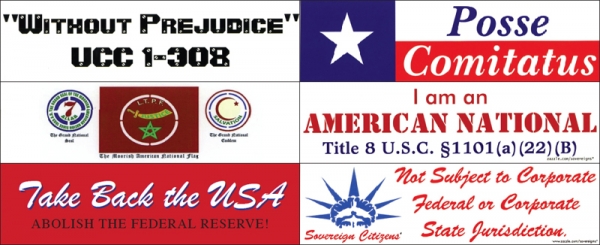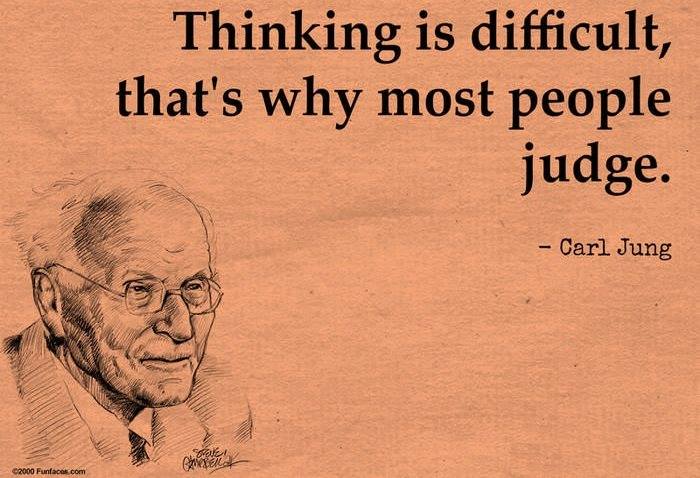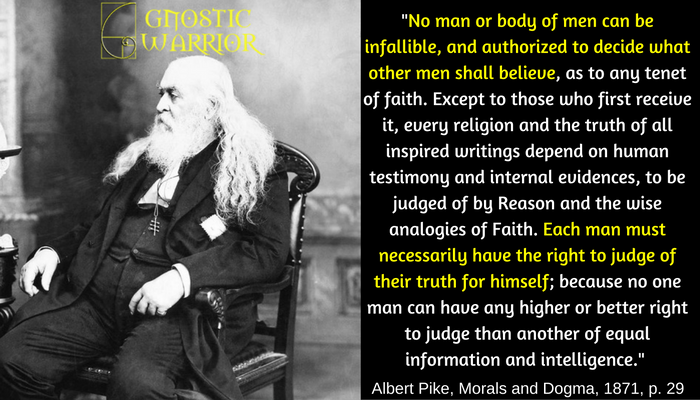Masonry, by its teachings, endeavors to restrain men from the commission of injustice and acts of wrong and outrage. Though it does not endeavor to usurp the place of religion, still its code of morals proceeds upon other principles than the municipal law; and it condemns and punishes offences which neither that law punishes nor public opinion condemns. In the Masonic law, to cheat and overreach in trade, at the bar, in politics, are deemed no more venial than theft; nor a deliberate lie than perjury; nor slander than robbery; nor seduction than murder.
Especially it condemns those wrongs of which the doer induces another to partake. He may repent; he may, after agonizing struggles, regain the path of virtue; his spirit may reachieve its
p. 130
purity through much anguish, after many strifes; but the weaker fellow-creature whom he led astray, whom he made a sharer in his guilt, but whom he cannot make a sharer in his repentance and amendment, whose downward course (the first step of which he taught) he cannot check, but is compelled to witness,–what forgiveness of sins can avail him there? There is his perpetual, his inevitable punishment, which no repentance can alleviate, and no mercy can remit.
Let us be just, also, in judging of other men’s motives. We know but little of the real merits or demerits of any fellow-creature. We can rarely say with certainty that this man is more guilty than that, or even that this man is very good or very wicked. Often the basest men leave behind them excellent reputations. There is scarcely one of us who has not, at some time in his life, been on the edge of the commission of a crime. Every one of us can look back, and shuddering see the time when our feet stood upon the slippery crags that overhung the abyss of guilt; and when, if temptation had been a little more urgent, or a little longer continued, if penury had pressed us a little harder, or a little more wine had further disturbed our intellect, dethroned our judgment, and aroused our passions, our feet would have slipped, and we should have fallen, never to rise again.
We may be able to say–“This man has lied, has pilfered, has forged, has embezzled moneys intrusted to him; and that man has gone through life with clean hands.” But we cannot say that the former has not struggled long, though unsuccessfully, against temptations under which the second would have succumbed without an effort. We can say which has the cleanest hands before man; but not which has the cleanest soul before God. We may be able to say, this man has committed adultery, and that man has been ever chaste; but we cannot tell but that the innocence of one may have been due to the coldness of his heart, to the absence of a motive, to the presence of a fear, to the slight degree of the temptation; nor but that the fall of the other may have been preceded by the most vehement self-contest, caused by the most over-mastering frenzy, and atoned for by the most hallowing repentance. Generosity as well as niggardliness may be a mere yielding to native temperament; and in the eye of Heaven, a long life of beneficence in one man may have cost less effort, and may indicate less virtue and less sacrifice of interest, than a few rare
p. 131
hidden acts of kindness wrung by duty out of the reluctant and unsympathizing nature of the other. There may be more real merit, more self-sacrificing effort, more of the noblest elements of moral grandeur, in a life of failure, sin, and shame, than in a career, to our eyes, of stainless integrity.
When we condemn or pity the fallen, how do we know that, tempted like him, we should not have fallen like him, as soon, and perhaps with less resistance? How can we know what we should do if we were out of employment, famine crouching, gaunt, and hungry, on our fireless hearth, and our children wailing for bread? We fall not because we are not enough tempted! He that hath fallen may be at heart as honest as we. How do we know that our daughter, sister, wife, could resist the abandonment, the desolation, the distress, the temptation, that sacrificed the virtue of their poor abandoned sister of shame? Perhaps they also have not fallen, because they have not been sorely tempted! Wisely are we directed to pray that we may not be exposed to temptation.

Moe is the founder of GnosticWarrior.com. He is a father, husband, author, martial arts black belt, and an expert in Gnosticism, the occult, and esotericism.





![How the South Saxons received Eadbert and Eolla, and the West Saxons, Daniel and Aldhelm, for their bishops; and of the writings of the same Aldhelm [705 A.D.] | Book 5 | Chapter 17 How the South Saxons received Eadbert and Eolla, and the West Saxons, Daniel and Aldhelm, for their bishops; and of the writings of the same Aldhelm [705 A.D.] | Book 5 | Chapter 17](https://www.gnosticwarrior.com/wp-content/plugins/contextual-related-posts/default.png)